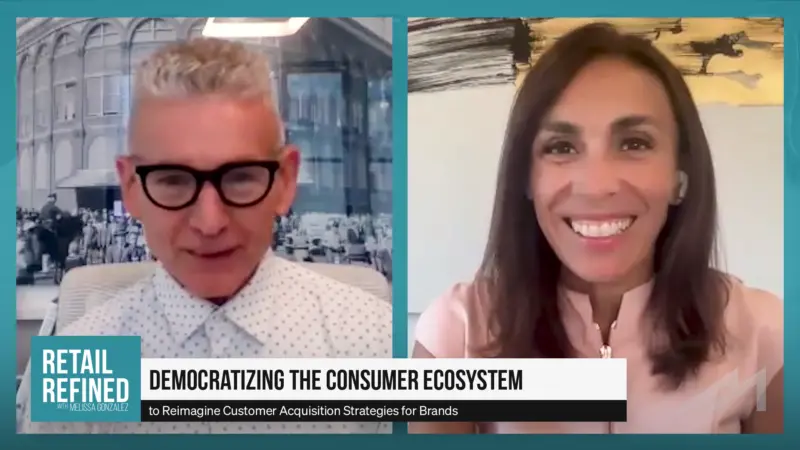Coronavirus Prompting Big-Box & Gig Job Employers to Tweak Sick-Leave Policies: Business Casual
As the spread of coronavirus continues to spike here in the U.S., both impacting our economy and leaving people sick and/or quarantined for prolonged amounts of time, it’s disconcerting to say the least, that our country has no federal paid sick-leave mandate that ensures affected employees are paid while recovering rather than having to work through their illness and possibly pass the virus on to others–or worse, leaving them jobless or even homeless once they’re back to 100%.
On this episode of MarketScale’s Business Casual podcast, hosts Tyler Kern and Voice of B2B Daniel Litwin discuss how major U.S. employers such as Walmart are rolling out new paid sick-leave policies for workers who get COVID-19 or have to quarantine themselves—either on order from their local government or the company they work for. These new policies are helping to provide a safety net, so to speak, for hourly and gig workers in service industries that typically don’t offer paid time off or enough days to cover employees in the event they are infected.
As the largest private employer in the U.S., with 1.5 million employees on their roster, Litwin called Walmart’s new sick-leave payout one of the best currently being rolled out by major employers. Walmart employees who contract the virus or who are subject to mandatory quarantines will receive up to two weeks of pay, and absences in that time will not count against attendance. In addition, compensation of up to 26 weeks will be provided for those workers who need more time to recover, and no penalties will be levied against workers who are uncomfortable going to work during the midst of the coronavirus pandemic.
While not as comprehensive as Walmart’s new COVID-19-inspired sick leave policy, companies such as Uber and Lyft are also making allowances for their afflicted drivers and delivery personnel, while Darden Restaurants (the parent company of Olive Garden and Longhorn Steakhouse) has promised sick leave for their hourly employees, and Instacart has expanded their accrued-sick-time policy to all part-time employees in North America with up to 14 days of pay for illnesses resulting from the current pandemic.
“I think one of the things that stands out is that with each of these companies—maybe Walmart is the largest exception,” Kern remarked, “but with each of these companies, you know that they’re operating on slim margins as it is, right? So any change and any disruption to what they’re doing and to their operations, you know is a big deal financially.”
While a step in the right direction, certainly, you still have to wonder if whether these new sick leave policies will be enough to ensure the stability of the U.S. economy and the ongoing health and wealth of the American citizen as we muddle through both the current COVID-19 outbreak and other catastrophes that are sure to occur in the future.
Listen to the podcast to hear Kern and Litwin ponder the possibilities as they ask the tough questions relating to our country’s ability to deal with breaks in the norm and policies that should be put into effect to protect the American worker going forward.
Coming to you on Wednesdays and Fridays each week, tune into Business Casual to stay on top of the most recent trends and hottest topics impacting B2B.
For the latest news, videos, and podcasts in the Retail Industry, be sure to subscribe to our industry publication.
Follow us on social media for the latest updates in B2B!
Twitter – @MarketScale
Facebook – facebook.com/marketscale
LinkedIn – linkedin.com/company/marketscale







